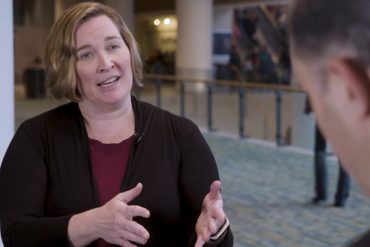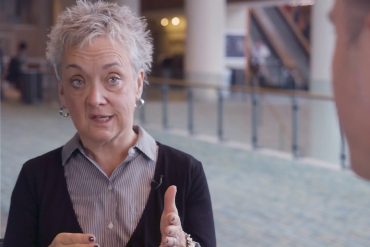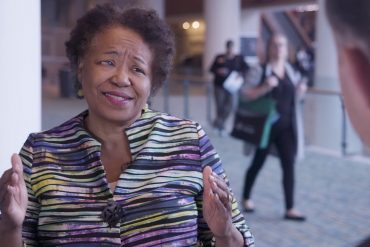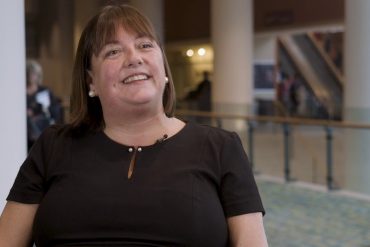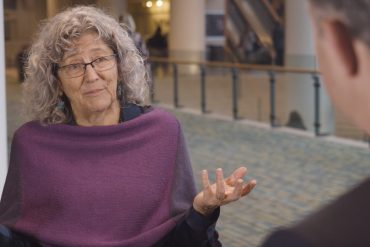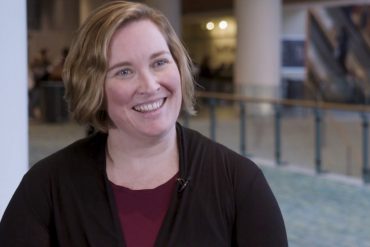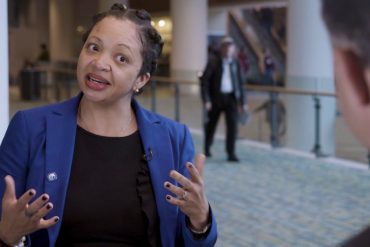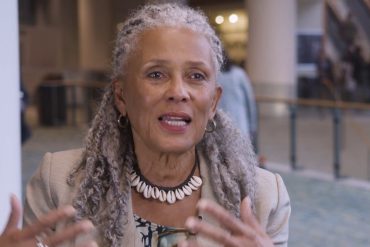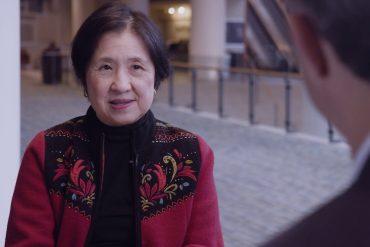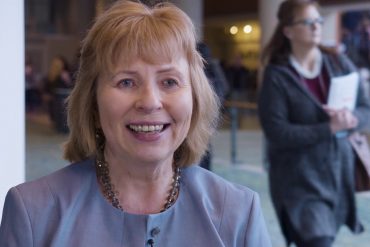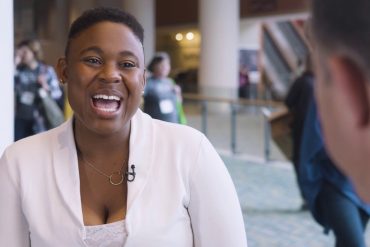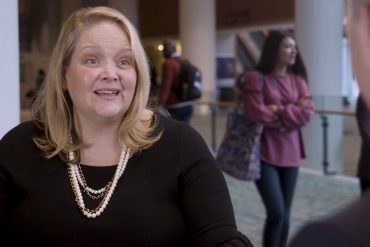How do you know if you’re part of an early learning community? Cailin O’Connor, Senior Associate at the Center for the Study of Social Policy, introduces the Digital Progress Rating Tool, a new ELN offering [or new offering from ELN, CSSP and the National League of Cities] that helps stakeholders evaluate their efforts, chart progress, explore tips, and create a step-by-step action plan to create a thriving Early Learning Community.
Early childhood education is imperative and challenging under any circumstances. Families formed through adoption, families with LGBTQ members, and children who are gender fluid bring their own unique challenges – and opportunities. Robin K. Fox, Interim Dean of University of Wisconsin-Whitewater College of Education & Professional Studies, discusses what teachers, parents, and children need to know – and how they can apply that understanding every day.
What does a culture of health look like? Dr. Gail Christopher, Executive Director of the National Collaborative for Health Equity, explains why so much of it happens outside medical system – and how bringing equal access and quality to early childhood education is a key place to start.
The high costs of early learning presents one of the biggest obstacles to accessing childhood education. It’s a challenge Amy O’Leary is attacking, not only as NAEYC Governing Board president, but also as director of the Early Education For All campaign of Strategies for Children, which seeks to make publicly-funded, high-quality early education available for all Massachusetts three, four and five-year-olds.
How do can the children’s individual identities evolve naturally and fully in the face of stereotypes that can often plague our communities and societies? As Julie Olsen Edwards, author ‘Anti-Bias Education for Young Children and Ourselves’ explains, some of that help can come from teachers – and how they think about their curriculum.
How can communities know the progress they’re making – or areas to grow – in becoming a true center for early learning? In Part Two of our conversation, Cailin O’Connor, Senior Associate at the Center for the Study of Social Policy, explains the metrics, inputs and outputs of the Digital Progress Rating Tool and the early childhood system performance assessment toolkit.
As the importance early childhood learning becomes more widely understood, so, too, does the importance of early learning educators. As she describes, that’s just part of what inspired Clinical Associate Professor Tonia R. Durden to help design and launch the inspiring Birth to Five Program at Georgia State University.
From her earliest days, teaching has been part of Carol Brunson Day’s life. And since those first lessons through her time in the classroom and as NAEYC Past President, she has been a relentless, powerful activist for equity, access, and high-quality education for children.
What are the skills – the tools – children should learn to make it easier to learn to their personal ability, remember on purpose and pay attention? Deborah Leong, Co-founder & President of Tools of the Mind, explains the “Vygotskian tradition” and how young learners can extend their mental capacities the same way physical tools extend one’s physical capacities.
In preschool and kindergarten, play – including “make believe” play – helps lay the foundation for many competences children will need for the rest of their lives. So how can we get adults out of the way? Elena Bodrova, PhD, co-founder and Tools Knowledge Advisor at Tools of the Mind, explains.
What does it take to build 24-hour childcare? It starts with a promise. It continues with commitment. And to listen to Rosa Marie, President of Marvelous Minds Academy, there’s only one way it can end: With doors opening to serve families who need it.
As the National Association for the Education of Young Children, two strategic policy priorities NAEYC faces are ensuring access to “high quality, developmentally appropriate early childhood education” and, relatedly, working to ensure the practitioners gain proper recognition – and support – as professionals. NAEYC CEO Rhian Allvin explains how the group will do it.


